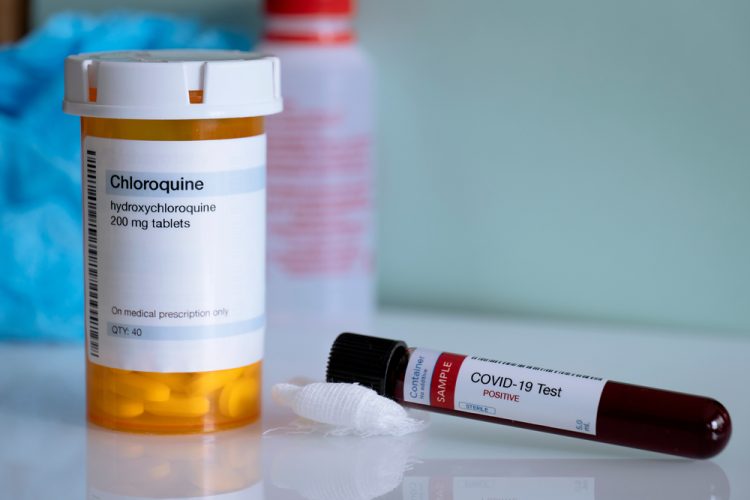Limited supply of antimalarial drugs may prevent use against COVID-19, say doctors
An open letter from doctors highlights that although chloroquine and hydroxychloroquine are strong candidates to fight COVID-19, there is a limited supply.
According to doctors, limited global supplies may impede proposals to use the antimalarial drugs, chloroquine and hydroxychloroquine, to lessen the symptoms of COVID-19 infection.
The warning comes from Italian doctors who also say that there is an ethical issue when using these drugs, as there is currently no hard evidence from clinical trials that proves these drugs can prevent the spread of COVID-19.
The results of preliminary lab tests have prompted scientists to propose that these drugs be used to treat patients with pneumonia caused by COVID-19 infection. This approach has already been included in Chinese guidelines on how best to manage the disease.
Various studies over the past decade have shown that antimalarial drugs can lessen the impact of viral infections and clinical trials are now under way to see whether these drugs might help combat COVID-19.
Chloroquine and hydroxychloroquine have been used to treat autoimmune disease, including rheumatic diseases, since the 1940s and have proved safe and well-tolerated in most cases, say the authors.
“Is it permissible to take a controlled risk in the event of a pandemic?” the industry leaders ask. “In such a case: would it be reasonable to consider antimalarials as primary prophylaxis in healthy subjects living in highest risk regions or, at least, to use them in those testing positive for COVID-19, but still asymptomatic?”
The safety and effectiveness of these drugs makes them good candidates for mass preventive treatment programmes and scientists seem to be leaning towards adopting this approach, they added.
However, the authors concluded that “If mass prophylaxis was accepted as an option worldwide, this would raise the question of whether there is enough supply of [chloroquine] and [hydroxychloroquine] to support this approach.”
The European League Against Rheumatism (EULAR) says that the use of these drugs to tackle COVID-19 could have serious implications for people with rheumatic diseases across Europe.
EULAR President, Professor Iain McInnes, says that global efforts to boost the evidence base for the use of these antimalarial drugs to treat COVID-19 are extremely welcome, but “EULAR is concerned, however, that the diversion of drug supplies away from people with rheumatic and musculoskeletal diseases may compromise the health of this important and sizeable group of patients in Europe and beyond.”
EULAR’s patient membership group (PARE) is now calling on the manufacturers of these drugs to rapidly increase production to meet the projected surge in demand.
“A balanced approach that meets the imperatives of the ongoing pandemic, but which also takes account of the needs of patients already taking these drugs is essential,” insisted Professor McInnes.
The letter was published in the Annals of the Rheumatic Diseases.










